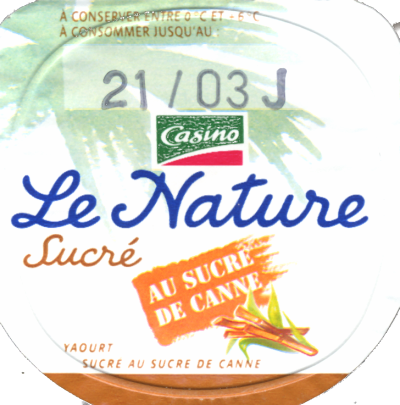I’m reading, or, for some parts, rereading, Émile Benveniste’s Problèmes de linguistique générale, both volumes of which are available in the publisher Gallimard’s low-cost-high-quality collection tel.
Benveniste#[1] (1902-1976) is one linguist whose name should be the first that comes to mind when writing about (the lasting influence of) structuralism in contemporary French linguistics. Strangely enough, it doesn’t: in the anglosphere, I usually see some hand-waving about Lévi-Strauss, full stop. Lévi-Strauss has certainly influenced many disciplines, but he wasn’t a linguist and is, as far as I can tell, an indirect reference at best in French writings on language.
Problèmes de linguistique générale is a collection of articles published between 1939 and 1972. I like the very readable style — the only difficulty comes from the subject matter — and the sheer erudition, which is always in the service of the topic, is quite mind-boggling#[2].
I want to quote, without translation, the first and part of the second paragraph of Pour une sémantique de la préposition allemande vor (reprinted as ch. X of vol. 2, originally published in Athenaeum, nouvelle série, vol. L, fasc. III-IV, University of Pavia, pp. 372-375) because its approach to multilingualism made me smile (footnotes omitted):
Dans un article antérieur, nous avons tenté une interprétation unitaire des emplois de la prépositon latine prae, afin de monter en particulier que le sens dit causal de prae résulte d’une spécialisation du sens général de « à l’avant, à l’extrémité, au point extrème ». Nous avions donc repoussé l’explication donnée par Brugmann de l’expression prae (gaudio) : « Etwas stellt sich vor etwas und wird dadurch Anlass und Motiv für etwas ». P. Meriggi, sans considérer en détail l’argumentation de notre article, reprend la thèse de Brugmann, et à la question que nous posions : « je pleure devant la joie… En quelle langue s’est-on jamais exprimé ainsi ? », il répond: « In tedesco, perchè vor Freude è l’expressione del tutto corrente e addirittura unica pel lat. prae gaudio ».
Nous pensons que, loin de modifier notre conception du sens de lat. prae gaudio, l’expression allemande vor Freude la renforce.
In what follows, he extensively quotes from the Grimms’ dictionary. In the original German, of course.
Notes:
[1]: The Johns Hopkins Online Guide to Literary Theory and Criticism used to have an entry that was a good intro, though slightly slanted towards Benveniste’s influence on literary criticism. Well, it probably still has, but the database has unfortunately become subscriber-only and is thus inaccessible to lowly people such as me. Wikipedia, is for once, rather unhelpful. Except for the German version — someone should definitely translate this.
[2]: For example, the essay La phrase relative, problème de syntaxe générale (originally published in Bulletin de la Société de Linguistique, LIII, (1957-58), fasc. 1) starts with a brief introduction, and then considers Ewe, Tunica, Navajo, Chipewyan and Arabic, before stating On peut maintenant se tourner vers l’indo-européen — he turns to Sanskrit, Old Persian, Homeric Greek, Hittite and Latin, and finishes with a few notes on Old Irish and German.
Billets connexes : Ethnologue, ... où l'on découvre les poteaux roses, ... et où l'on les découvre vraiment, France - accents, Finex ! Pooo !, Eggcorns and ditchwater, Les poteaux roses, c'est auripilant
Technorati (tags): Benveniste, Deutsch, German, linguistics, linguistique, multilingualism


